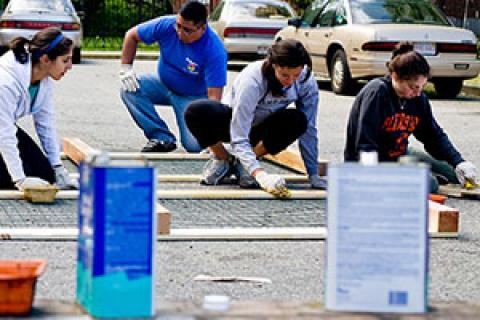Our Research
CIRCLE's research encompasses a broad range of areas related to youth civic education and engagement. We believe there are numerous ways for young people to participate in civic life, and the diversity of our research and impact portfolio reflects that belief. It is also indicative of our view that youth civic engagement must be understood and addressed 1) at an individual level that takes into account the unique impact and experiences of different youth; 2) at a community level that considers the effects of local contexts and conditions; and 3) at a systemic level that includes national policies and institutions as well as the broader culture of civic and political participation in the United States.
In addition, at the core of what we study and how we study it are three essential, interconnected principles:
- What Works: We want our research to have an impact and to meaningfully advance both stronger engagement by individual youth and stronger systemic supports for engagement in a wide range of communities, especially those that have been historically marginalized or alienated from civic life.
- What We Learn from Others: We actively seek input from our partners and other practitioners, and we take into account what they tell us they need to create sustainable, systemic change.
- What Facilitates Equity: We care deeply about which youth are not civically engaged and why. We want to better understand barriers to engagement so that we (and others) can leverage our research to shift structures in ways that will eliminate gaps in participation and representation.
Explore Our Research Areas
We have organized our work into six main areas. These research topics do not include the totality of our work, but they highlight our priorities and reflect how we think about youth civic engagement. For example, we do not simply study and advocate for increased youth voting, but for thoughtfully expanding the electorate to include underrepresented youth. We do not research and promote more civics classes, but instead advance a model for comprehensive civic education that is available equitably and that prepares all students for democracy.
Broadening Youth Voting
Young people can decide elections, and their participation is central to our politics. Expanding the electorate and addressing inequities in youth voting is a crucial task for strengthening democracy.
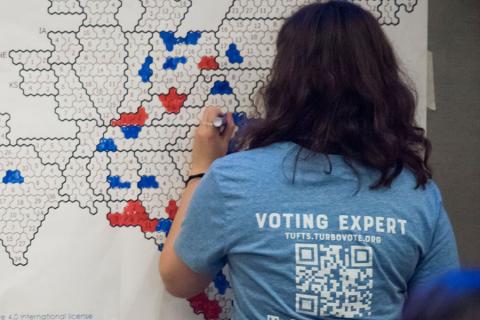
Equitable K-12 Civic Learning
A strong civic education must give students the knowledge and skills they'll need to participate in civic life, and must be available and relevant to all young people in a school or community.
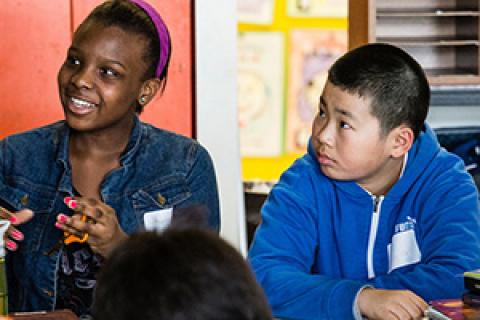
Youth Attitudes and Beliefs
Youth are not a monolith; they have diverse political positions and perspectives on the world. Understanding young people's views is the first step to meaningfully engaging them.
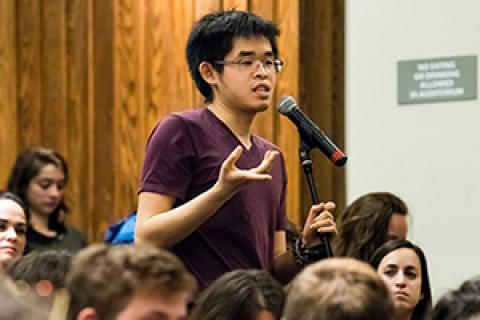
Youth in Media for Democracy
From Facebook to the local news, media shape and are shaped by young people, and media that center youth as consumers and creators can help promote their civic engagement.

Activism and Community Change
Young people are frequently at the forefront of social movements on a wide range of issues, and their activism is often a pathway to voting and other forms of civic participation.
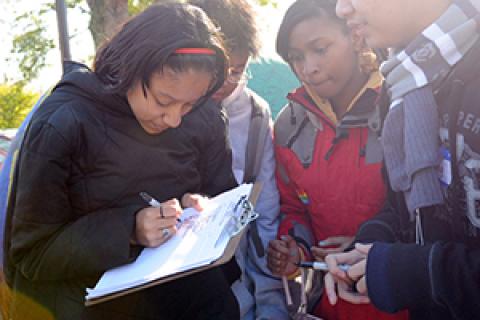
Civic and Economic Mobility
Young people from low-income families and neighborhoods are often marginalized from civic life, but civic engagement can be a tool of economic mobility for individuals and communities.
